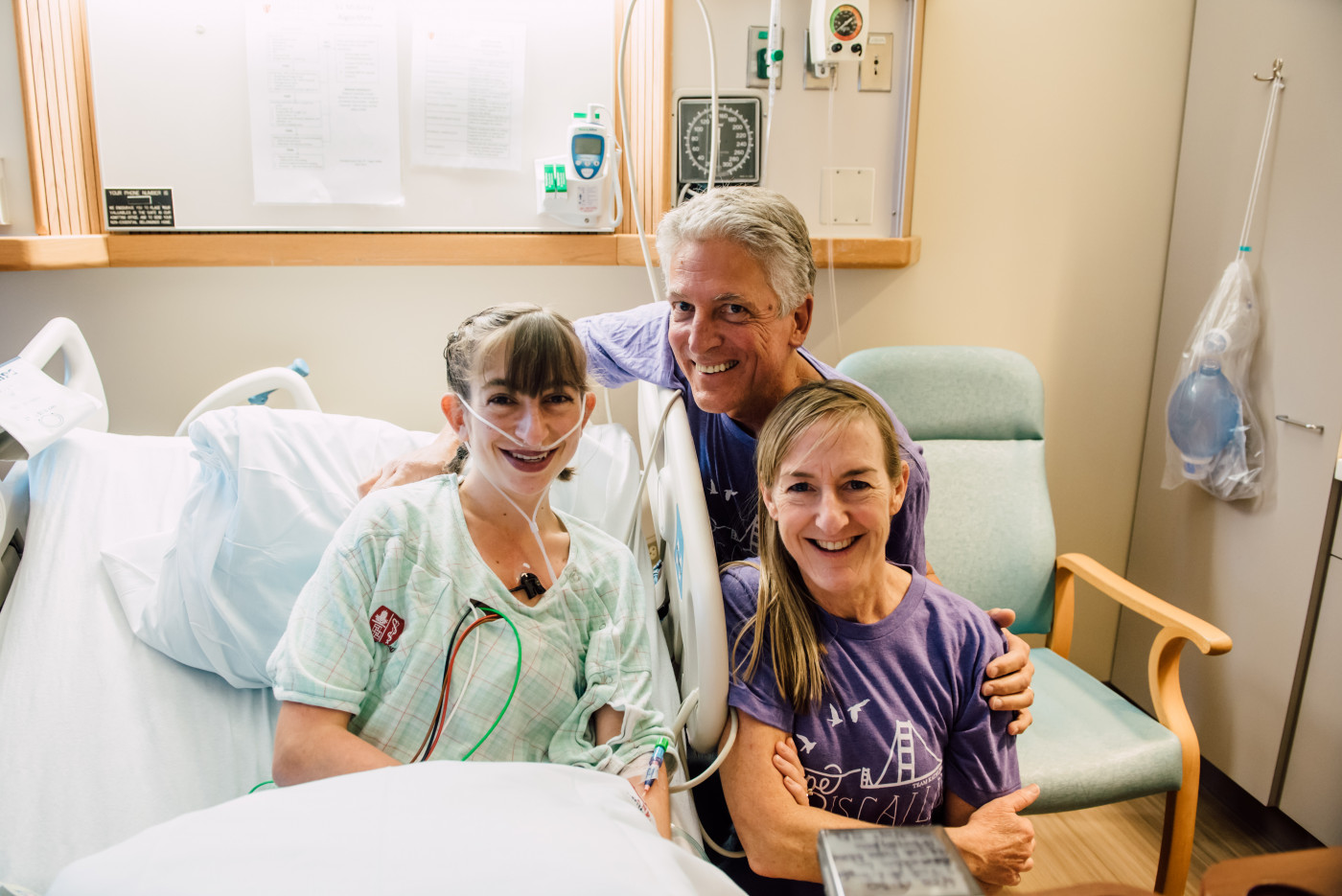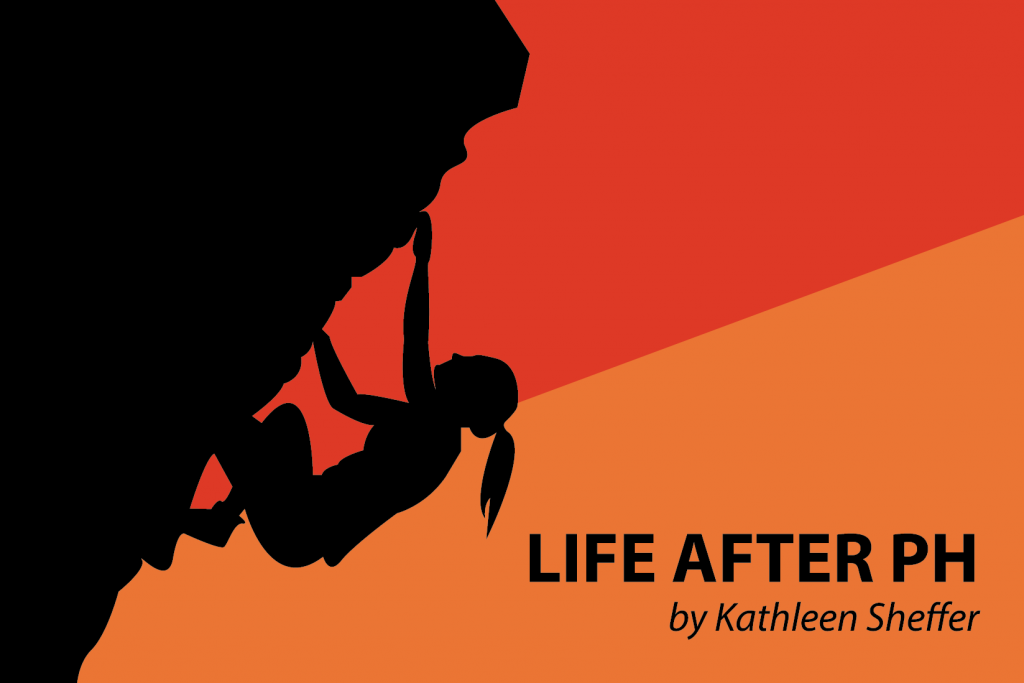How My Parents Raised Me to Be a Survivor, Not a Victim

Sheffers (Image from Kathleen Sheffer)
The cover of New York magazine’s Nov. 27-Dec. 10, 2017 issue features a child with cystic fibrosis (CF), whose mother, Jen Gann, is filing a wrongful-birth lawsuit. Her midwife failed to deliver the results of genetic testing that revealed she was a carrier of CF. Rather than bring a child with CF into the world, Gann says she would have had an abortion.
It’s heartbreaking to see this woman focusing all her energy into fighting something irreversible, victimizing her family because of a test that wasn’t available a few decades ago. I worry her attitude toward the condition will damage her child, and that she’s blind to all the good things about her son’s diagnosis, including their close relationship and awareness of the brevity and unpredictability of life, a truth healthy families may ignore.
I asked my mom to read the article and tell me what she thought about it. Somewhat empathetic, my mom tells me that when I was diagnosed, she asked the chaplain, “How will I raise a kid who is going to die?” The response: “She’ll teach you.” I cry silently on one side of the phone as my mom details some of the unexpected ways my illness and I changed her life: “Her kid will overwhelm her with his ability to adapt and persevere.”
There’s no handbook for raising a child with an incurable illness, 24/7 IV treatment, a younger sister, a competitive drive and a fiery temper, but my parents did an excellent job muddling through. These choices my parents made had a significant impact on my future.
Seek an optimistic community
Early on, my mom spoke to a mother at our preschool whose son had a different disability. “Find the people having success,” she advised my mom. She had regretted speaking with a parent who had no hope for her son’s future. My mom connected with other parents through the Pulmonary Hypertension Association. Email correspondence led to lifelong friendships with families we met at biennial PH conferences.
Be a source of shelter
My parents kept my life expectancy between them and the doctors. They encouraged me to get ready for the homecoming dance with my friends instead of attending the funeral of a younger kid with PH. They persuaded the social worker to let them watch the scary transplant video without their 9-year-old. When I turned 18 and my doctors started having more serious conversations with me, I was grateful that my parents had shielded me from unnecessary information and disheartening statistics.
Lead by example
When my parents wondered how their 6-year-old would handle IV Flolan, my doctor told them, “If you handle it, she will.” My parents spent countless hours diligently using sterile technique to fill cartridges with precise amounts of highly concentrated medication and diluting solution, a daily process we called “mixing.” With plans to move away from home to attend college, I started learning the same method, gradually taking on more of my own healthcare. Miraculously, I had no infections after taking responsibility for sterile bandage changes and mixing. I felt obligated to take the same level of care they had when I was too young to help out.
Stay hopeful
My parents shunned negative information about PH after my diagnosis. Focused on the possibility of a cure, they saved money to help me attend college without a single doctor predicting I would live that long. When my mom read Gann’s article, she pointed out that “they could find a cure!” for CF. Hospice physician and author Ira Byock writes in Dying Well, “Possessing a future — not only hopes and dreams but also immediate plans and expectations — is …vital to feeling whole.” When faced with a terminal illness, one must hold not only onto hope for a cure or other medical advancements, but also find a way to make plans while knowing the disease may disrupt them.
For the most part, our family lives in the present, a tenet my mom emphasized last week when she rejected a salesperson’s suggestion that I buy a rock-climbing harness I can grow into. We let go of regret for medical errors and my belated diagnosis. We celebrate the extraordinary ways the challenges we’ve faced have changed our lives for the better.
***
Note: Pulmonary Hypertension News is strictly a news and information website about the disease. It does not provide medical advice, diagnosis, or treatment. This content is not intended to be a substitute for professional medical advice, diagnosis, or treatment. Always seek the advice of your physician or other qualified health provider with any questions you may have regarding a medical condition. Never disregard professional medical advice or delay in seeking it because of something you have read on this website. The opinions expressed in this column are not those of Pulmonary Hypertension News or its parent company, Bionews Services, and are intended to spark discussion about issues pertaining to pulmonary hypertension.









Leave a comment
Fill in the required fields to post. Your email address will not be published.